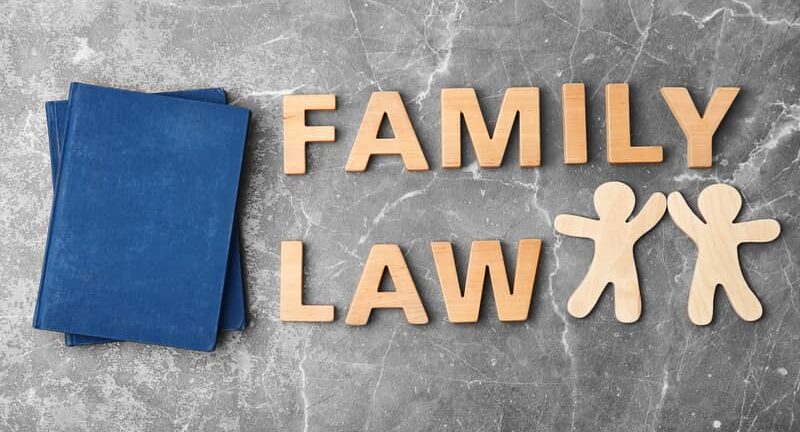
 A crowd gathered in Graham, North Carolina, on to remember 77 victims who died as a result of domestic violence in the state in the past year, according to an article by The Times-News.
A crowd gathered in Graham, North Carolina, on to remember 77 victims who died as a result of domestic violence in the state in the past year, according to an article by The Times-News.
A joint effort organized by the Family Justice Center and Family Abuse Services, attendees assembled in front of the Alamance County War Memorial. With a crowd bearing candles to the light the night, the name of every one of the 77 domestic violence victims rang out into the darkness.
Part of the motivation for organizing this event centers on raising awareness of the growing domestic violence epidemic across Alamance County.
What is the Definition of Domestic Violence in North Carolina?
The legislature outlined the state-specific approach to domestic violence in Section 50B-1 of the North Carolina General Statutes. There are two major elements to the crime of domestic violence – personal relationships and types of conduct.
What is the Definition of Personal Relationship in North Carolina?
One element of the North Carolina definition of domestic violence concerns personal relationships. There are six different types of personal relationships outlined under Section 50B-1.
In order to qualify as a personal relationship, the people must be:
- Married or previously married;
- A male and female who currently live or previously lived together;
- In a parent-child or grandparent-grandchild relationship;
- Parents to the same child;
- Current or previous household members; or
- A male and female who are currently or were previously in a dating relationship.
What Conduct Qualifies as Domestic Violence in North Carolina?
The other element of the North Carolina definition of domestic violence concerns certain conduct. In cases where the perpetrator and victim have a personal relationship, it is domestic violence if the perpetrator:
- Inflicts harm or injury or attempts to inflict harm or injury;
- Threatens or harasses to the point of severe emotional distress; or
- Commits a sex crime, including rape.
Section 50B-1 does offer a specific exception concerning self-defense. If a person is in reasonable danger of injury or death, then they are allowed to defend themselves. In such circumstances of reasonable self-defense, it is not considered domestic violence.
Let Us Help You with Your Case
Whether you are facing domestic violence, divorce or other aspects of family law, it is important to have professional help. Don’t hesitate to reach out to Powers Landreth PLLC in Charlotte, North Carolina for assistance with your case.
Related Posts
Equitable Adoption in North Carolina
The doctrine of Equitable Adoption is a judicially created “equitable” remedy...
Domestic Violence and the LGBT+ Community
According to the National Coalition Against Domestic Violence, LGBT+ persons are...

